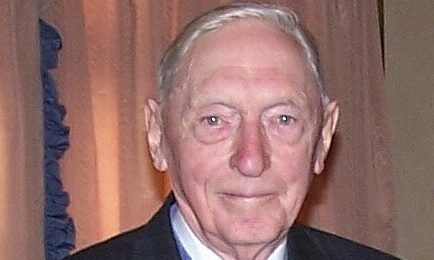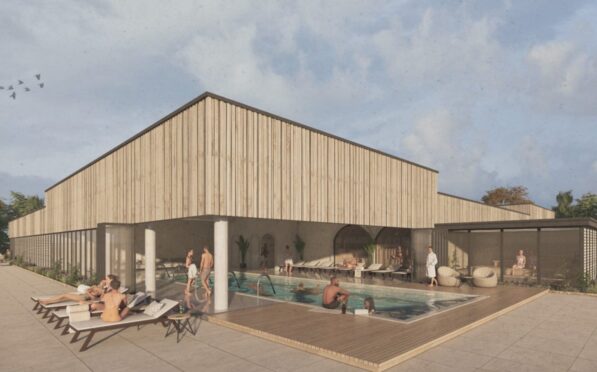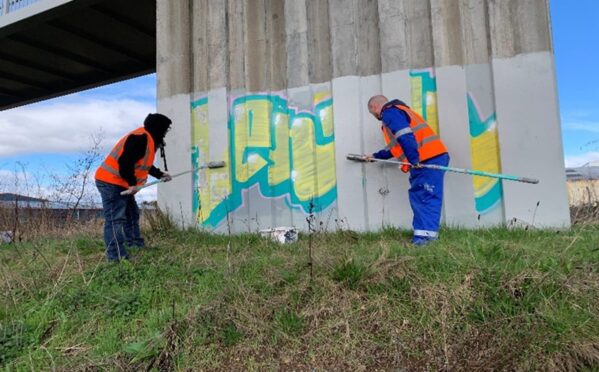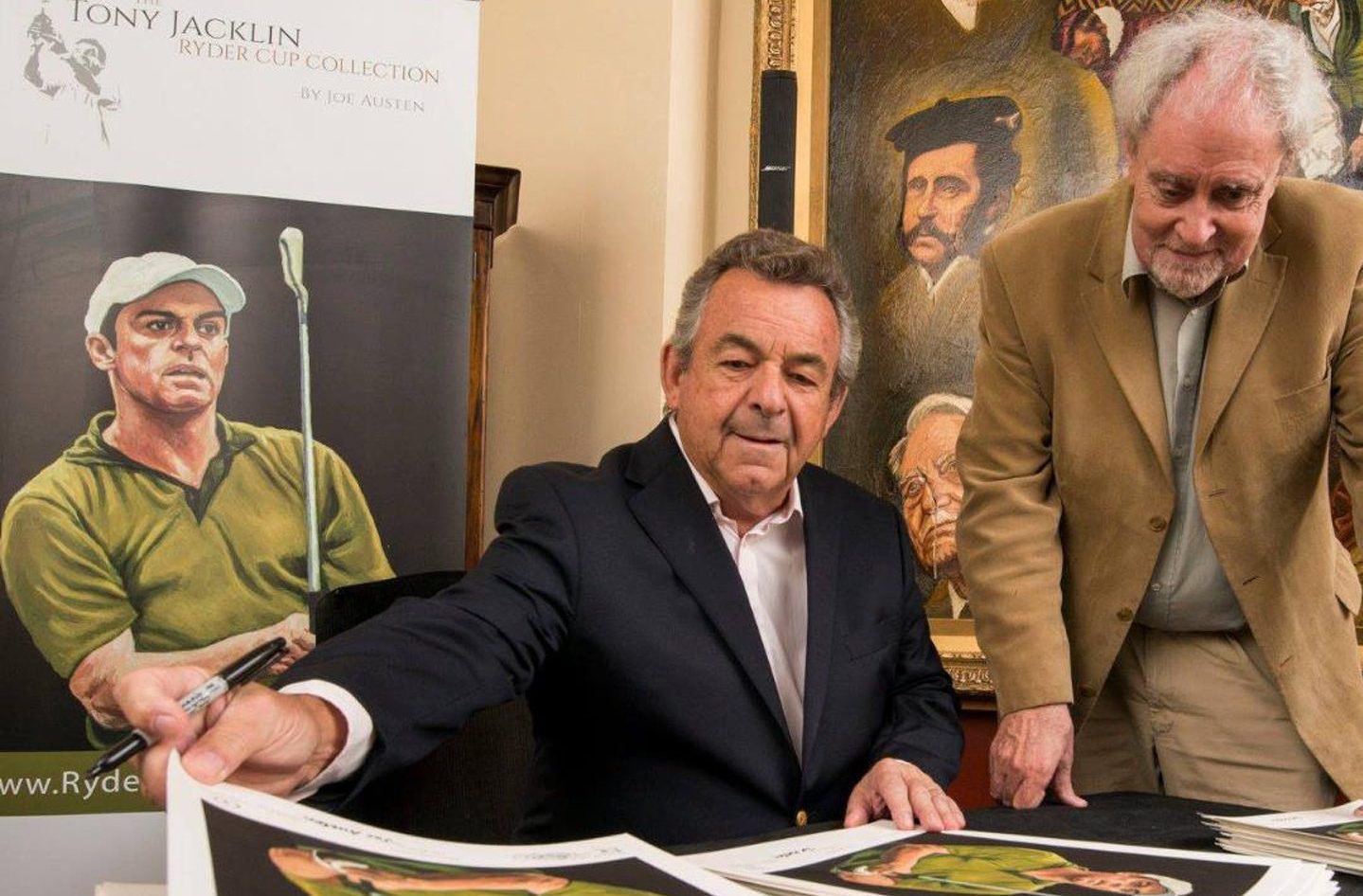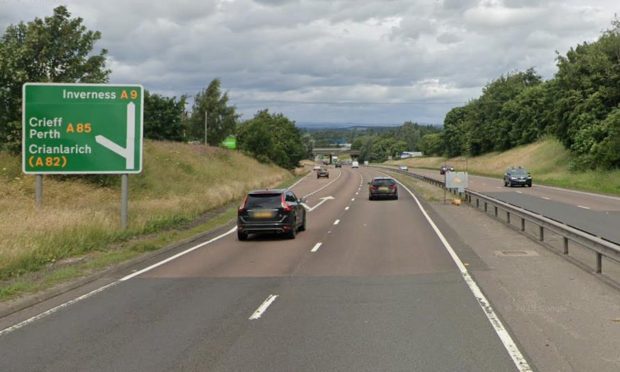Rev Kenneth MacVicar, parish minister and chaplain to the Queen in Scotland, has died at the age of 95.
Remarkably by today’s standards, Kenneth MacVicar’s whole ministry from ordination to retirement and beyond was spent in the Perthshire village of Kenmore.
After school in Campbeltown, he reluctantly matriculated at Edinburgh University to study pure science, because, he said, he would rather have been in the armed forces.
During a year studying pure science, he joined the university’s air squadron. He saw service in India and Burma as a pilot, gaining the nickname “MacPorridge”.
Flying over Burma, his Hurricane was shot down. He spent days avoiding capture and going without food until — after various adventures he described in his autobiography, The Wings of the Morning — he found himself flying again, at night, to strike a village where the top Japanese Intelligence staff were meeting.
When war ended, Mr MacVicar returned to the manse of Southend to recover. In September 1946, he married Isobel McKay, and they set up home in St Andrews, where Mr MacVicar was to complete an arts degree and train for the ministry.
In July 1945, he was ordained and inducted to the parish of Kenmore.
There were many congregations which approached him to consider being their minister. To each one there was the same answer: He would take the deputation out to the manse garden, point them, across the stretch of Loch Tay they could see, and show them Ben Lawers, and ask: Can you give me a view like that?
It wasn’t only the view that kept Mr MacVicar in Kenmore all those years of his ministry, and those since he retired in 1990. It was the unshakeable bond that grew with the people of the area, for whom he cared whether or not they darkened the door of Kenmore Kirk, and the fact that his four children grew up there, and there was as much Kenmore as MacVicar blood in their veins.
Mr MacVicar was a county councillor for several years. He served as convener of the General Assembly’s committee on HM Forces, and he was vice-convener of the assembly’s committee on unions and readjustments, which was responsible for bringing the number of parishes into line with the available number of ministers.
Mr MacVicar was a man of deep and unquestionable integrity, not only in his dealings with parishioners and others but also in the depth and consistency of the views he held.
As the Kirk’s political stance — at least as reflected in its church and nation committee and the decisions of the General Assembly — moved steadily to the left, Mr MacVicar did not follow.
Kenneth MacVicar was at his best, easiest, and most relaxed in the company of his incredibly close family: his wife Isobel predeceased him and their children, Angus, Kenneth, Cameron and Jean whose loyalty, love and respect made for a model family relationship.
